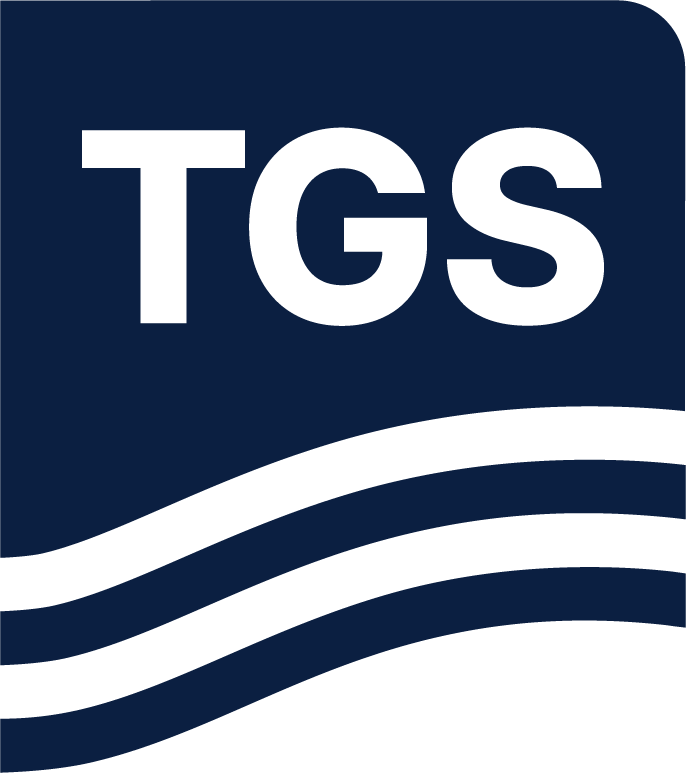We describe a new solution for recovering the long-wavelength features of a velocity model in gradient-based full-waveform inversion(FWI). The method uses reflected and transmitted wave modes to recover high-resolution velocity models. The new FWI gradient enables reliable velocity updates deeper than the maximum penetration depth of diving waves and reduces the FWI dependency on recording ultralong offsets. We also discuss a new FWI regularization scheme that overcomes the limitations of the inversion in the presence of high-contrast geobodies and cycle skipping. The solution utilizes a priori information about the earth model in the regularization as an extra term in the objective function. The implementation makes use of the split Bregman method, making it efficient and accurate. Results from applying the new FWI gradient to field data show that we can combine both transmitted and reflected energy in a global FWI scheme to obtain high-resolution velocity models without imprint of the reflectivity on the velocity updates. We illustrate the new regularization method's potential on the BP 2004 velocity benchmark model where our regularized FWI solution is capable of using a simple starting velocity model to deliver a high-quality reconstruction of salt bodies.
Technical Library

